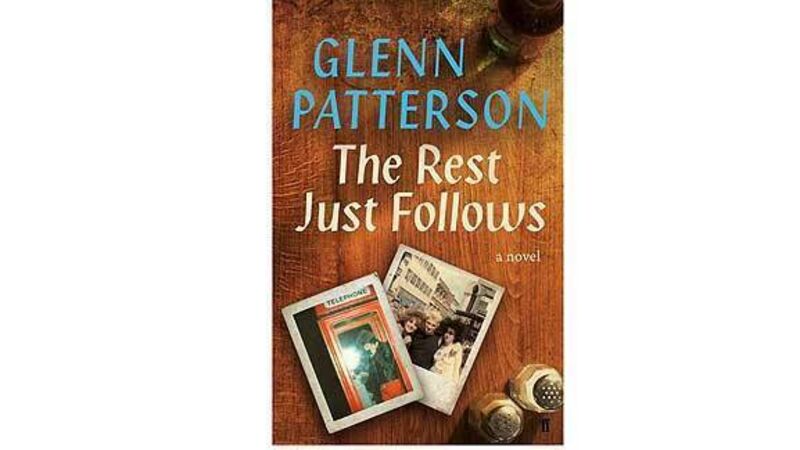The Rest Just Follows

BORN in Belfast in 1961, Glenn Patterson grew up through the Troubles, when virtually everything anyone ever heard about Northern Ireland was violence, bombs and sectarian strife.
His latest novel, The Rest Just Follows, begins in the early 1970s and spans almost four decades, but for an author who says he writes ‘in the spaces in-between’, it is by no means a ‘Troubles novel’.











